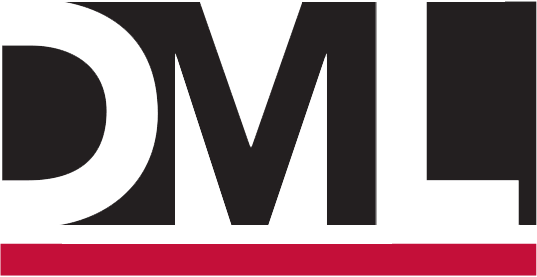Why Integrating Mental Health and Addiction Services is Hard and What to Do About It
Keynote or Breakout
Description
The addiction and mental health treatment fields have arisen from very different roots. There are ideological and treatment clashes between addiction and mental health that account for the ongoing fragmentation that has been aggravated by different training, systems and funding. In an era of healthcare reform as the system moves from a sickcare system towards health and wellness, this fragmentation does not do not serve well people with co-occurring mental and substance-related disorders.
This presentation will review the backgrounds of the addiction and mental health fields that have created attitudinal and values differences that make integration difficult. It is designed to help participants focus on ways to build bridges between clinicians, consumers, customers and systems to decrease fragmentation and improve services for clients. Finally, this presentation will identify staff and program changes necessary to integrate services for co-occurring disorders.
Objectives and content outline
Participants will be able to
Review the backgrounds of the addiction and mental health fields that have created attitudinal and values differences that make integration difficult.
* Philosophical Clashes between addiction and mental health
* Polarized Perspectives about Presenting Problems
* Different Theoretical Perspectives: Different Treatment Modalities
2. Identify the principles that provide structure for building bridges between disparate groups in behavioral health.
* Person-Centered Assessment and Individualized Treatment
* Unifying perspectives on behavioral health care in an era of healthcare reform
* Multidimensional assessment and level of functioning
* Common language with reference to The ASAM Criteria (2013 edition)
3. Discuss staff and program changes necessary to integrate services for co- occurring disorders.
* People and Personnel Clashes and Solutions
* Staff characteristics and interdisciplinary functioning
* Dealing with conflict
* Policy and Program Clashes and Solutions
* Increasing flexibility and range of services within tight budget restraints
* Gathering data when assessed service not available
